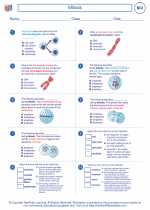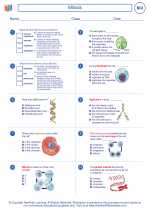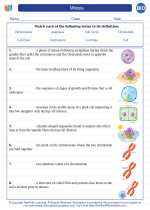Vitamin K
Vitamin K is a fat-soluble vitamin that plays a crucial role in blood clotting, bone metabolism, and cell growth. There are two main forms of vitamin K: K1 (phylloquinone) which is found in plants, and K2 (menaquinone) which is synthesized by bacteria in the gut and also found in certain animal products.
Functions of Vitamin K
- Blood Clotting: Vitamin K is essential for the synthesis of proteins involved in blood clotting. It helps convert inactive clotting factors into their active forms, promoting proper coagulation.
- Bone Metabolism: Vitamin K is involved in the regulation of calcium in bone tissues and contributes to bone mineralization, which is important for maintaining bone health and preventing osteoporosis.
- Cell Growth and Proliferation: Vitamin K also plays a role in cell growth, proliferation, and the maintenance of healthy tissues.
Sources of Vitamin K
Vitamin K1 is primarily found in green leafy vegetables, such as kale, spinach, and broccoli. Vitamin K2 is found in fermented foods like natto, cheese, and in certain animal products such as egg yolks and liver. Additionally, the gut microbiota produce a significant amount of vitamin K2.
Deficiency and Toxicity
A deficiency in vitamin K can lead to impaired blood clotting, an increased risk of bleeding, and poor bone health. Vitamin K deficiency is rare in adults but more common in newborns. Toxicity from natural food sources is unlikely, but excessive supplementation with synthetic vitamin K can lead to adverse effects.
Study Guide
When studying vitamin K, it's important to focus on its functions, sources, and potential health implications. Make sure to understand the role of vitamin K in blood clotting and bone metabolism, as well as its sources in the diet. Additionally, familiarize yourself with the potential consequences of vitamin K deficiency and toxicity.
Here are some key points to remember:
- Vitamin K is essential for blood clotting, bone metabolism, and cell growth.
- Vitamin K1 is found in plants, while vitamin K2 is synthesized by gut bacteria and found in animal products.
- Deficiency in vitamin K can lead to impaired blood clotting and bone health.
- Excessive supplementation with synthetic vitamin K can lead to toxicity.
Understanding these key points will help you grasp the importance of vitamin K in overall health and its implications for various physiological processes.
[Vitamin K] Related Worksheets and Study Guides:
.◂Biology Worksheets and Study Guides High School. Mitosis

 Worksheet/Answer key
Worksheet/Answer key
 Vocabulary/Answer key
Vocabulary/Answer key
 Vocabulary/Answer key
Vocabulary/Answer key
 Vocabulary/Answer key
Vocabulary/Answer key
